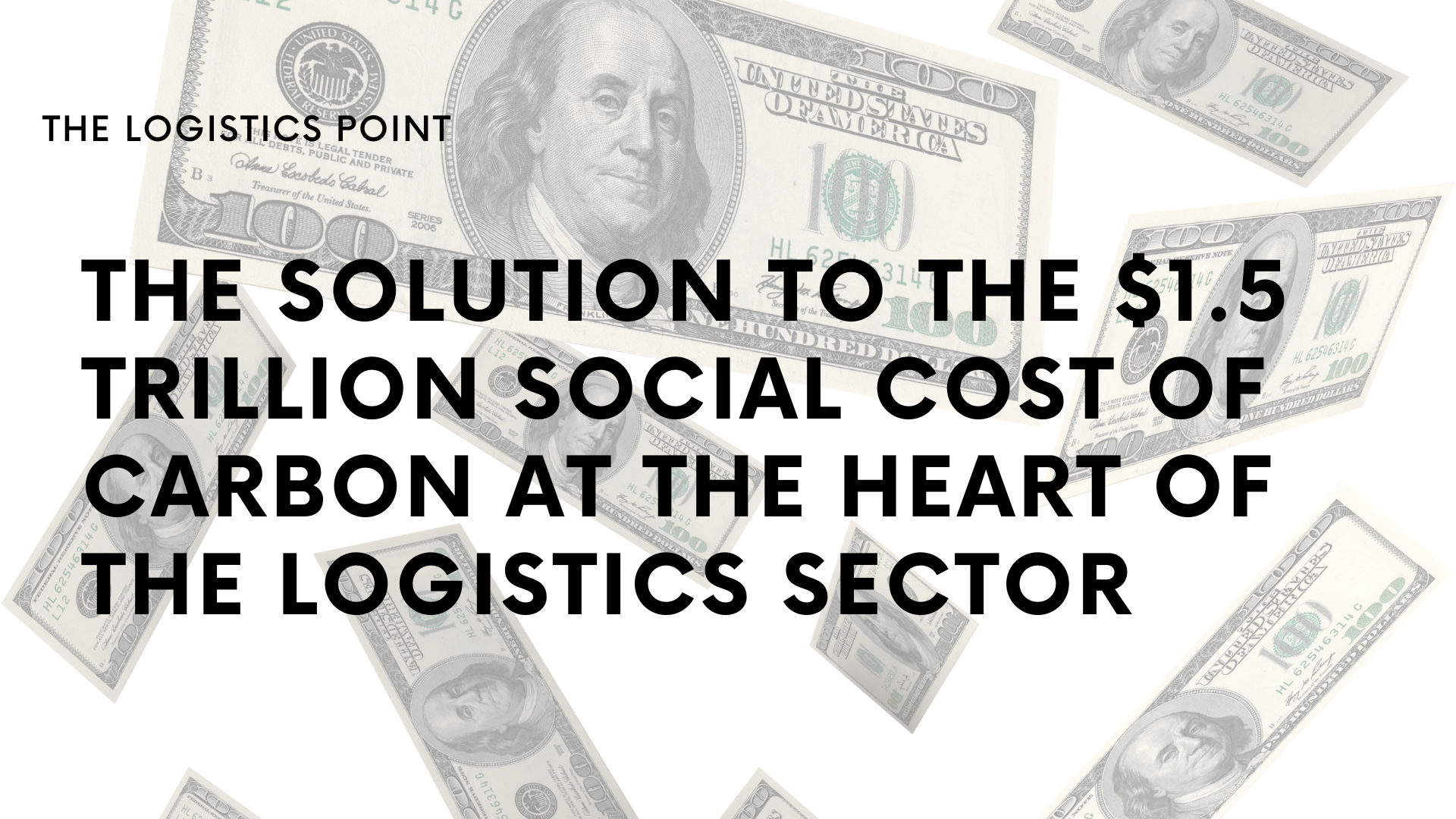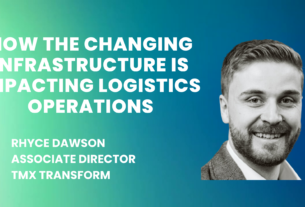The role of logistics in social responsibility is clearly crucial. The social cost of carbon is increasing and the focus is being put on logistics providers. We spoke to John Lash, Group Vice President Product Strategy at e2open, about the challenges and the opportunities this is bringing. You can watch the full video below. More from our January edition is coming next week.
John, what is the role of logistics companies when it comes to social responsibility and why has it become so important?
Social responsibility covers everything from forced labour through dealing with sanctioned parties and the environmental impact. For instance, emissions from logistics are roughly 15% of global emissions. That is around 8 gigatons of carbon dioxide, which is clearly a considerable amount.
The financial implications, which are measured by the Social Cost of Carbon and in the US it is marked at $190 per ton CO2. This makes the SCC around $1.5 trillion dollars in social and economic costs every single year. And here we are focusing only on transportation.

Can we easily summarise how far the industry has gone on the path to being more responsible?
We are pretty early on the journey and a lot of companies have their Net Zero commitment targets. The challenge comes in how to meet them and what the different areas the organisation should focus on are. It will mean looking across the entire value change, where traditionally the focus was on what is happening within the specific company’s operations.
You have got to extend upstream and downstream, which makes it a multi-enterprise problem. The first step will be measuring and reporting.
But just measuring is not good enough and you need to move to the second step, which is reducing these liabilities by integrating these capabilities within the day to day tools you use to run your business.
How to plan on executing something so complex and bringing all parties together?
The key is to encompass this within your day-to-day activities. It shouldn’t be an afterthought. Think collaboratively and about creating shared value with your partners. I do not believe the right approach is to create a social responsibility product that only has ESG in its name – it needs to actually make an impact.
How can SMEs, which usually supply their services, do that? They might not have the finances, the know-how and the staff.
You do not need perfection right away. The important thing is to get started, in an area that’s important to you and your clients.
For instance, if you look at emissions, you can do a life cycle assessment. This should not be your end goal but is a great figure to start with. You can then add granularity along the way.
And also look for examples. Groups like Patagonia are a shining star. But you do not need to be Patagonia to participate in this. Look at the kind of challenges for your specific sector and what others are doing, and gain inspiration from this.
You can watch the full video with John Lash, Group Vice President Product Strategy at e2open, and learn more about what you can take from leaders, regardless the size and capabilities of your company. ✷



